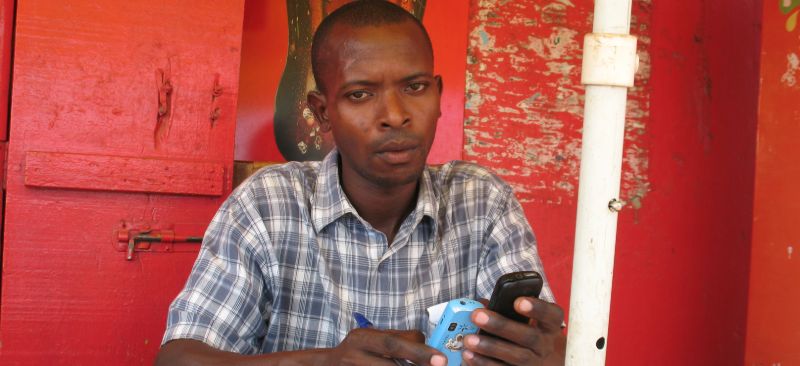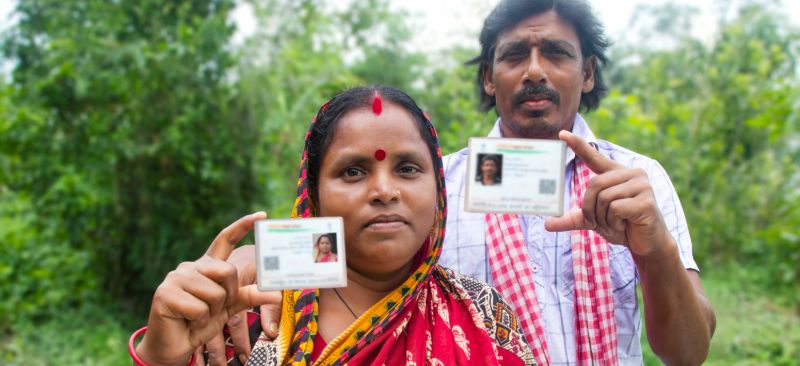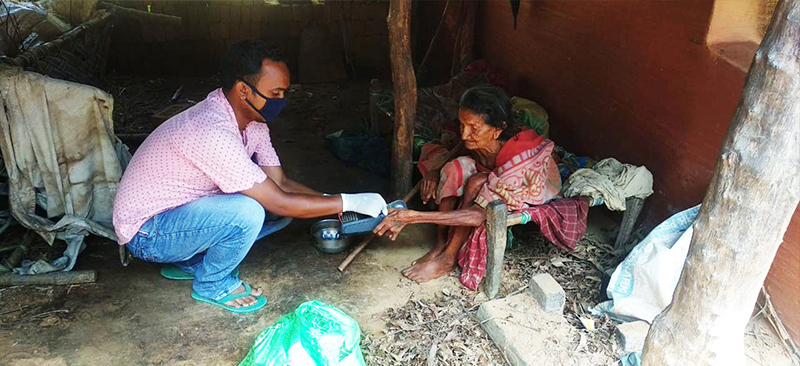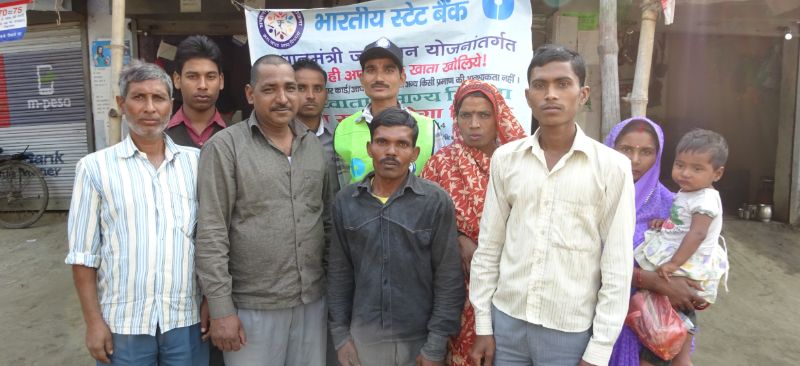MSC launched the Agent Network Accelerator (ANA) project to help increase the pace of financial inclusion by helping FSPs in eight Gates Foundation focus countries to build and grow their agency channel. The flagship project resulted from a multi-stakeholder partnership involving donors, investors, and financial service providers (FSPs). The ANA involved research, training, and technical assistance to advance agent network operations. The Helix Institute of Digital Finance, set up under the project, has become a premier research and training organization for financial services agents. It runs the ANA course that equips industry leaders with effective strategies and powerful tools to build, manage, and grow agent networks across a broad geography.
Creating a multi-stakeholder partnership to set up a lab for capital and technical support to Fintechs
MSC helped set up a “Financial Inclusion Lab” to identify, mentor, and bring to scale early-stage FinTech startups. These startups address the issues that underserved communities face through innovative and technology-enabled solutions. So far, the Lab has supported more than 40 startups, leading to an impact on 1 million-plus customers and 1,000+ MSMEs. Four major social investors fund the initiative with committed funding of USD 9.5 million. The project highlights MSC’s ability to structure and implement multi-stakeholder projects to achieve a developmental outcome—especially those involving investors and service providers (startups).
Quantifying and meeting development outcomes for agricultural value chains
MSC designed a multi-year program with the Bill and Melinda Gates Foundation and the Government of Bihar to strengthen value chain partnerships and create sustainable business models in the state. Our focus was specifically on collaborating with a range of public and private sector institutions including agri-tech and fintech innovators to drive high-impact interventions across the three core focus areas: (a) agricultural market systems, (b) livestock systems, and (c) data systems. The project was designed to increase farmers’ income through an improved supply chain and better access to digital services. It helped enhance the incomes of 10,000+ farmers in the state by using interventions designed by MSC to reduce the impact of seasonal price and production volatility and protect farmers’ livelihoods
Providing support to implement DBT to improve beneficiary targeting
MSC works as a trusted advisor to several ministries of the Government of India. Together, we helped roll out the Aadhaar identification system. We assessed readiness for direct benefit transfers (DBT) in food, fertilizer, and fuel on both demand and supply sides. We helped design the technology infrastructure to enhance outreach and user experience for citizens utilizing who benefit from such transfer schemes. At the same time, we provided critical advisory services to the ministries to develop, test, and scale the digitization of flagship social safety payments. We supported the National Payments Corporation of India (NPCI) and its banking partners with enhanced payment infrastructure outreach and usability.
Multilingual informative comic booklets on enhancing awareness and precautionary behavior among the staff members and clients of microfinance institutions (MFIs) and self-help groups during the COVID-19 pandemic
These comic books helped inform their frontline staff on workplace safety, safe cash handling, customer etiquette, and personal safety measures. MFIs and agents who serve 25 million-plus customers used MSC’s informative comic booklets to reduce infection and death across more than 15 countries across three continents. They were translated into English, Hindi, Bengali, French, and Arabic.
The work has been commissioned by MetLife Foundation.
- Access the global version with social distancing (1 meter) here.
- Access the English version (with group meeting) for Indian MFIs here.
- Access the English version (for individual meeting where group meeting is not permitted) for Indian MFIs here.
- Access the Hindi version (with group meeting) forIndian MFIs here.
- Access the Hindi version (for individual meeting where group meeting is not permitted) for Indian MFIs here.
- Access the Bangla version (with group meeting) for Indian MFIs here.
- Access the Bangla version (for individual meeting where group meeting is not permitted) for Indian MFIs here.
- Access the Bengali version for Bangladesh MFIs here.
- Access the English version for African MFIs here.
- Access the French version for African MFIs here.
Identifying ways to increase efficiency and improve service delivery of the world’s largest health insurance scheme
The Pradhan Mantri Jan Arogya Yojna or PM-JAY is the largest health insurance scheme in the world. PM-JAY intends to provide a health cover of USD 6,723 (INR 500,000) per family per year for secondary and tertiary care hospitalization. The program expects to reach more than 107.4 million poor and vulnerable families or approximately 500 million beneficiaries who form the bottom 40% of the Indian population.
The program empanels government and private hospitals to perform medical procedures and surgeries to treat diseases and medical conditions on those covered by PM-JAY. Delays in settling claims by the State Health Authority (SHA) may lead to disenchantment among Empaneled Health Care Providers (EHCPs), leading them to lose confidence in the program. MSC conducted a study in Bihar, Haryana, and Madhya Pradesh to assess the challenges that healthcare providers empaneled with the government faced in delivering health services.
The study found that delay in settling claims of these healthcare providers is a significant factor in the slow uptake of the PM-JAY scheme. MSC made some key recommendations, including a pilot for real-time claim adjudication (RTCA) to address delays in payments to impaneled health care providers.





